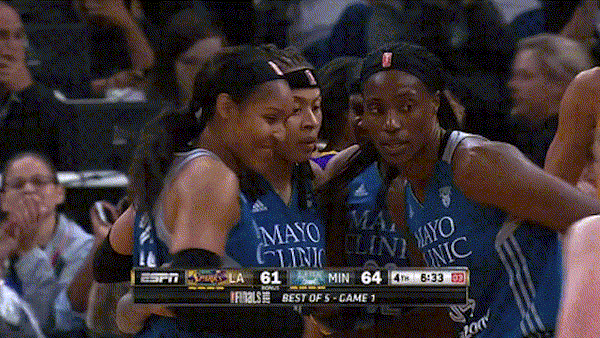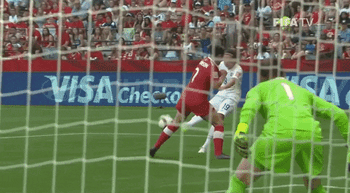General FAQs

What is fantasy sports?
Not to be confused with the Fantasy Suite in the Bachelorette, fantasy sports are something that fans play online and compete against each other. The “fantasy” aspect comes from fans choosing real life players to make up their ideal, fake team. Generally, these fantasy leagues require you to have a player in each position. Depending on how those players do (goals, assists, saves, rebounds, touchdowns, etc.) they are given points. Just like real life, fantasy teams have to set their lineups, trade players, bench guys who are injured and generally watch how each player does on a weekly basis. It can get v. intense. And just like in the pros, at the end of the fantasy season there can only be one winner.
How is that different from a pool?
Great question! Here are some major differences:
- In a pool you can pick what team you think is going to win;
- You can also pick players;
- Generally, for a pool, there are fewer rules around what specific positions need to be covered on the team. You’re just trying to choose players that are going to get you the most points;
- With pools, you’re not really updating your roster on a per-game or per-week basis. You pick your players/teams and they’re your homies for the entire season or entire playoffs.
Okay wait…so what’s a bracket?
A bracket is when two teams, or people, play each other and only the winning team or player moves on, so you have to bring your A-Game. It’s do or die. To give a bracket some context, think back (fondly or not) to every beer pong tournament you took part in in college — similar rules apply. You only continue playing if you win. If you’re more of a visual learner, click here.
What’s the deal with sponsors?
Sponsors are just another way for players and teams to make money. Many leagues have deals with brands, and the same goes for players. Brands recognize the reach that athletes have and want to capitalize on it. Smart business if you ask us! When a company is a “sponsor” of a specific athlete it’s usually called an “endorsement” deal.
Enjoying this article? Want more?

Sign up for The GIST and receive the latest sports news straight to your inbox three times a week.

